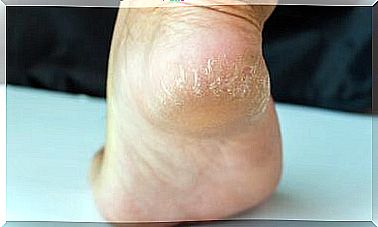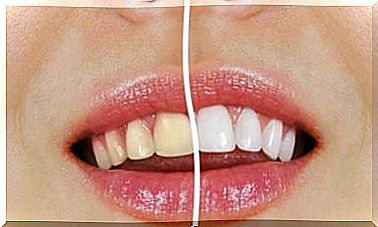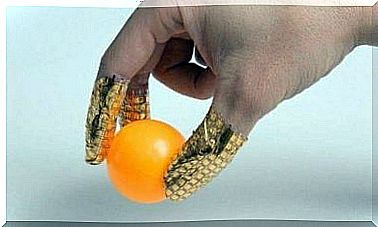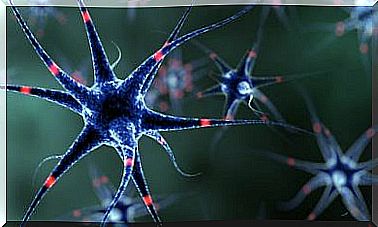Is Another Corona Infection Possible After Recovery?
It has not yet been fully clarified whether there is a possibility of a second infection after recovery from COVID-19. Find out more about this topic today.
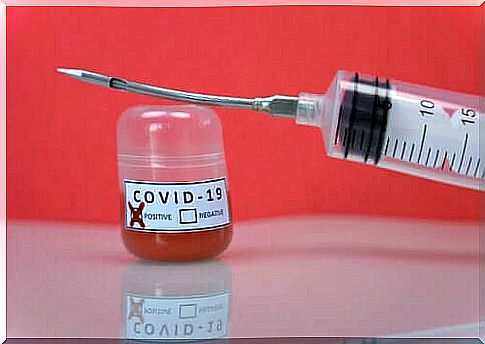
Numerous media reports about the possibility of another corona infection after recovery. However, it is not yet clear whether a second infection is actually possible or not. However, this information is very important in the fight against COVID-19, which is why many scientists are investigating this question.
We know more and more about the incubation period and the survivability of SARS-CoV-2 on surfaces and can therefore take specific precautionary measures. But it is still unclear whether a second infection is possible or not.
This question is important not only to prevent re-infection, but also to be able to predict the dynamics of the pandemic in the long term. The SIR model, the most widely used epidemiological approach for describing and spreading infectious diseases, does not take into account possible secondary infections. It assumes that a recovered person is immune to the disease he has overcome and cannot pass it on to other people.
However, if this parameter varies and a healed person can become infected again in a short period of time, current predictions cannot calculate a realistic picture of the future. In today’s post you will find out what is known about this topic so far.
Incorrect tests or renewed corona infection?
Bad news reaches us from Asia: Official sources from South Korea reported on April 12th that 111 cured patients had to be hospitalized again.
The immune system normally recognizes the pathogen and “remembers” the infection it has overcome, known as “acquired immunity”. It can therefore quickly fend off the pathogens the next time it is exposed and prevent a new disease.
In the case of other coronavirus strains, immunity could be confirmed for months or even years after the patient had overcome the disease. But how do we have to deal with the news from South Korea that reports the opposite?
In an interview published in Time magazine, doctor David Hui, an expert on respiratory diseases such as SARS and MERS, points out that this could be due to diagnostic errors: “The sample may not be correct and the test may not be sensitive the disease respond. ” Then an infected person could get negative test results through human error.
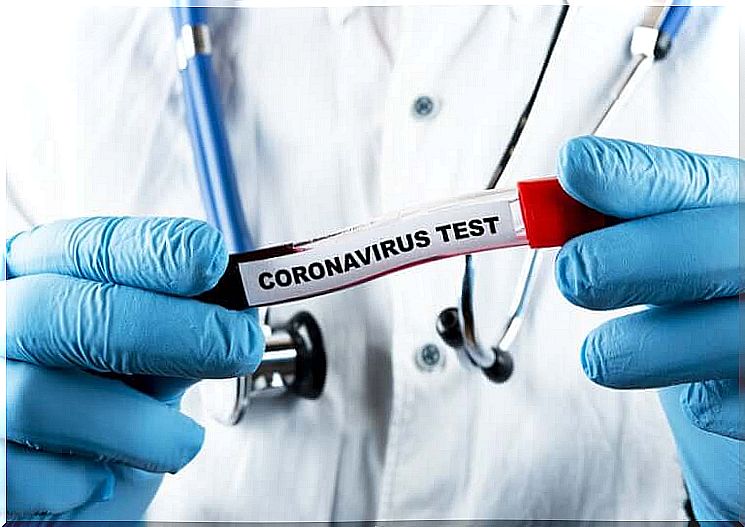
The remains of the enemy
Viruses use human cells to multiply. They hog our replication mechanism and use it to self-propagate by copying their genetic material. This mechanism gives us another possible explanation as to why a second infection could occur very early.
Very sensitive tests could detect residues of the virus’s RNA in the organism, even if the patient is already cured. This residual RNA can give positive test results, but there is a possibility that these residues are so small that there is no real risk of infection.
A study carried out in China with over 250 cured patients yielded the following results:
- 15 percent of the patients tested positive again after leaving the hospital.
- Most of these were young people who had very mild symptoms during the illness.
- In general, these patients were asymptomatic when they received positive results on a second test.
This could support the previously described theory. It is possible that genetic information from the virus is still present in the body, but this does not necessarily mean that the person concerned is still sick.
Renewed corona infection: are we immune after the disease?
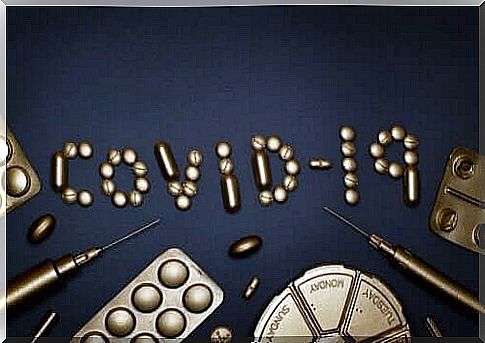
The answer is not constructive, but very simple: it is still too early to make a definitive statement. The new pathogen SARS-CoV-2 has only been in circulation for four months and we therefore unfortunately do not yet have sufficiently reliable information about immunity to this virus.
But preliminary studies provide hopeful information. A study carried out on monkeys showed that the animals did not become infected again after they had recovered when they came into contact with the pathogen. However, these data should by no means be viewed as absolute reality. These are studies on other species that have not yet been officially published.
But even if we don’t have a definitive answer to immunity, we mustn’t think negatively. We humans have an excellent immune system, which has already proven its effectiveness in diseases similar to SARS.
Prevention is the best medicine
As we still lack information, it is best to prevent infection by taking preventive measures as much as possible. These include social distancing, teleworking, closing borders, and other restrictions to minimize viral exposure.
This is a fundamental key in the current situation. If we adhere to precautionary measures, we can buy time. Researchers know more about the new SARS-CoV-2 coronavirus every day and will hopefully find a solution soon.
